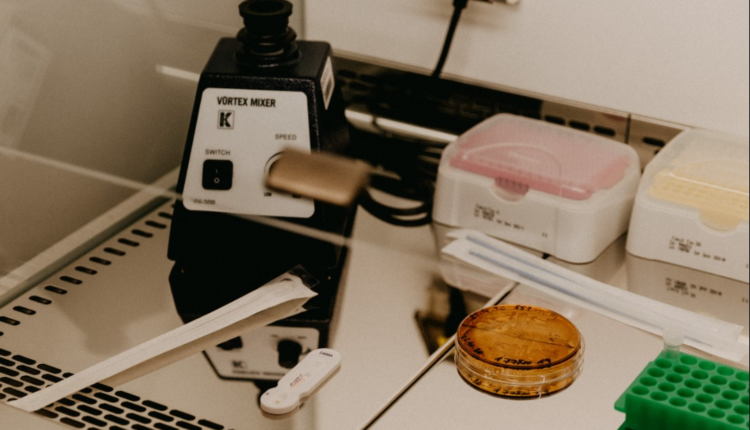The Best Time to Study Chemistry: Boosting Efficiency and Retention
Chemistry can be a challenging subject that requires concentration and focus. Many students wonder when is the best time to study chemistry to optimize their learning experience. While there isn’t a one-size-fits-all answer, understanding the factors that influence our brain’s performance can help us determine the most suitable time for studying chemistry.
Research shows that our brain’s cognitive abilities fluctuate throughout the day, influenced by our biological clock, known as the circadian rhythm. This internal clock regulates our sleep-wake cycle and affects our alertness, memory, and cognitive function. By aligning our study sessions with our brain’s peak performance periods, we can enhance our comprehension and retention of chemistry concepts.
Morning: A Fresh Start for Chemistry Success
For many individuals, the morning hours are the most conducive for learning complex subjects like chemistry. During the early hours, our brain is well-rested, and our cognitive abilities are at their highest. Research suggests that the brain’s ability to process and retain information is most efficient within a few hours after waking up. Thus, starting your chemistry study sessions in the morning can help you absorb the material more effectively.
Additionally, studying chemistry in the morning sets a positive tone for the rest of the day. Accomplishing challenging tasks early on can boost your confidence and motivation, making it easier to tackle other subjects or activities later.
Afternoon: A Midday Brainpower Boost
As the morning progresses, our brain’s cognitive abilities gradually decline. However, the early afternoon presents another window of opportunity for studying chemistry. After a nourishing lunch and a short break, our brain receives a natural boost in alertness and focus. This period, often referred to as the post-lunch dip, can be harnessed to dive deeper into complex chemistry topics.
During the midday hours, it is important to create a conducive study environment to combat distractions. Find a quiet space, eliminate interruptions, and use study techniques like active recall and spaced repetition to maximize your learning potential.
Evening: Consolidating Knowledge for Chemistry Mastery
The evening hours offer a unique opportunity to consolidate your chemistry knowledge. Research suggests that reviewing and practicing learned material before sleep can enhance long-term memory retention. This phenomenon, known as the spacing effect, allows your brain to solidify the newly acquired information during sleep.
However, it’s important to strike a balance. Late-night studying can interfere with your sleep quality and hinder your brain’s ability to retain information. Aim to finish your chemistry study sessions at least an hour before bedtime to allow your brain to wind down and prepare for a restful night’s sleep.
Conclusion
While the best time to study chemistry may vary for each individual, understanding the influence of our brain’s cognitive fluctuations can help optimize our learning experience. Starting your day with a focused study session, utilizing the midday brainpower boost, and consolidating knowledge in the evening can significantly enhance your comprehension and retention of chemistry concepts. Experiment with different study schedules to find the time that works best for you and make the most of your chemistry learning journey.

